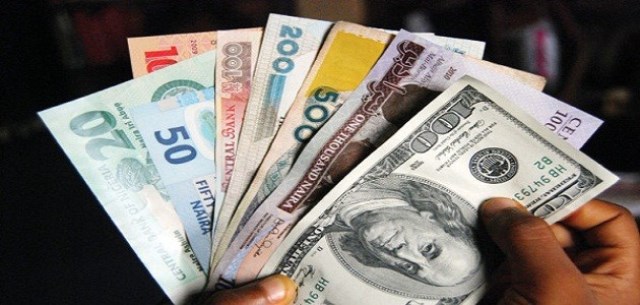Forex turnover at the Investor and Exporters (I&E) window continued with the positive trend as it rose by 42% on Tuesday, June 23, 2020, providing a semblance of a boost to liquidity in the foreign exchange market. This is according to data from the FMDQOTC, an exchange where forex is traded by foreign investors and exporters.
According to the data tracked by Nairametrics, forex turnover rose from $63.44 million last week Monday to $90.09 million on Tuesday, representing a 42% increase, day on day. While the increase in percentage terms appears to be modest, daily turnover of $90.09 million still falls short of the over $200 million recorded in January 2020.
Although the liquidity in the foreign exchange market appears to have improved, the uncertainty of the market remains, particularly due to liquidity shortages across markets. Liquidity remains quite tight in the foreign exchange market, with the average turnover in the I&E market significantly down to about $45.5 million in the month of May compared to $297.5 million that was recorded in January.
Several reports tracked by Nairametrics indicate that the accumulated demand for forex in the market could be between $1.5 and $5 billion as supply shortages persist. Forex shortages have persisted since the crash in oil prices coincided with the global lockdown due to COVID-19. The rise in demand and contrasting drop in supply has called for another round of devaluation which the CBN has insisted it has plans to implement. A devaluation last occurred in March.
Speculators have thus patronized the parallel market, otherwise known as the black market, thereby widening the gap between it and the I&E window. The CBN maintains the perceived demand cannot be substantiated as the lockdown induced by the Covid-19 pandemic suggest demand should be low due to travel restrictions and drop in economic activities.
In related news, the exchange rate on the I&E window depreciated marginally on Tuesday, closing at N386.63 to a dollar, compared to the N386 to a dollar that was reported on Monday, June 22, representing a 63 kobo drop. The opening indicative rate was N386 to a dollar for Tuesday. This represents a gain of 83 kobo when compared to the N386.83 opening rate recorded on Monday.
At the black market where forex is traded unofficially, the naira depreciated by N5 to close at N460 to a dollar on Tuesday, as against the N455 to a dollar on Monday. The rate at the start of the week was N455 to a dollar.
Nigeria continues to maintain multiple exchange rates comprising the CBN official rate, the BDC rates, and the NAFEX (I&E window). Nairametrics reported last week that the government is mulling unifying the multiple exchange rates in a bid to increase the amount available for state governments to share.
Meanwhile, the CBN Governor, Godwin Emefiele, at an investors conference with the Federal Government that was organized by Citibank, confirmed the apex bank’s decision to go ahead with the exchange rate unification plans. Emefiele maintained that the black market is not a good determinant of the value of the naira as it is a market for people who are involved in transactions that are not recognized by authorities.
According to analysts, the demand for the dollar is still quite huge. There is a lot of demand chasing little supply. Most of the dollar supplies are coming from the local corporates, who have helped provide some kind of liquidity in the market, as there is very little inflow from foreign portfolio investors which is also compounded by low oil prices.
There is a lot of pressure on the foreign exchange market by foreign portfolio investors who are waiting to exit and the local corporates, and have accumulated import requests.
However, Central Bank Governor at the same conference mentioned above, insists that he has not seen any documentation from businesses that need dollars. According to him, the CBN, just like it did in 2016, will honour all demand obligations from foreign investors and businesses looking to fulfill legitimate forex obligations, but they need to be “patient.”
Source: Nairametrics












